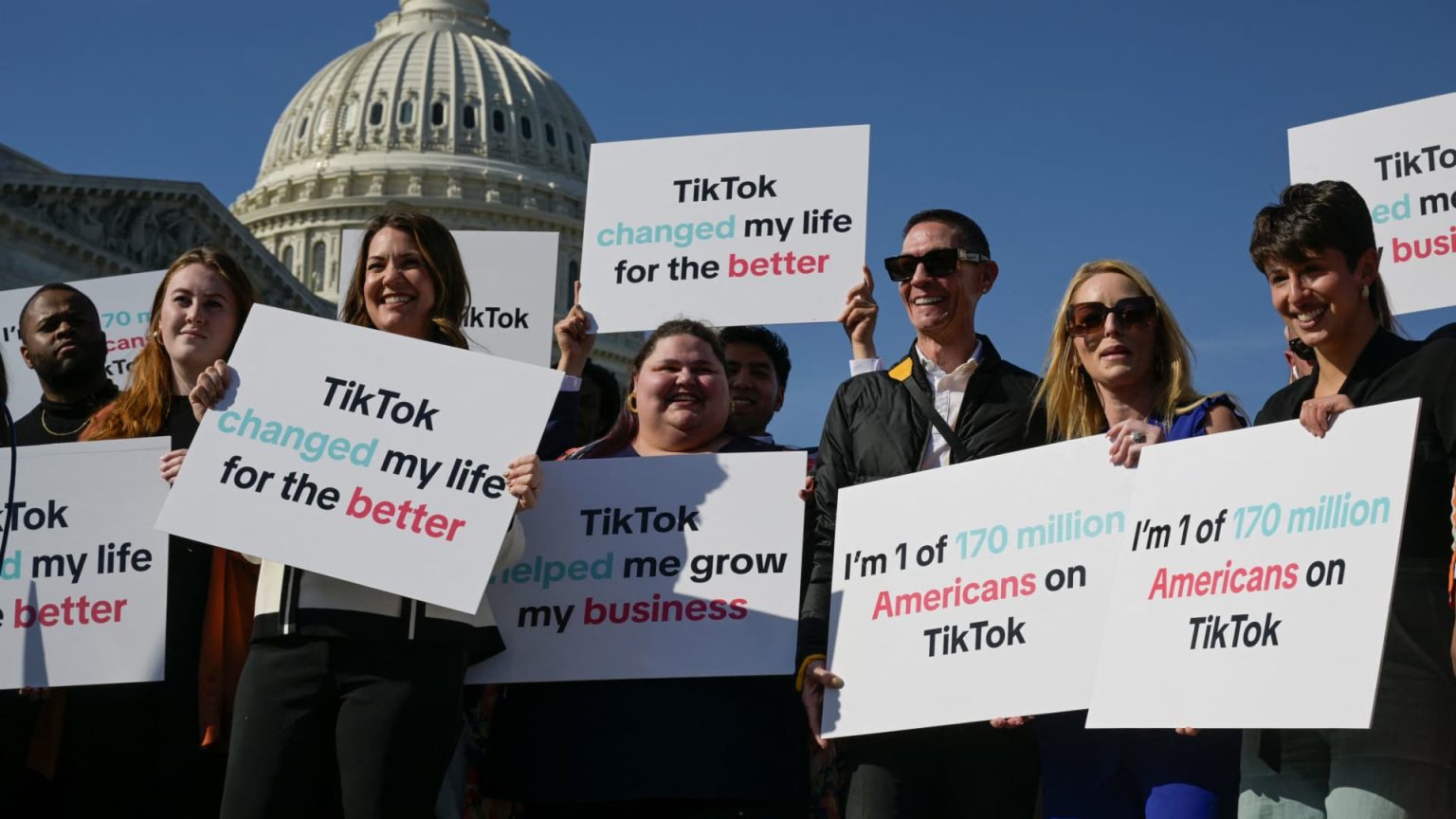TikTok has filed a lawsuit against the United States government in an attempt to halt the enforcement of a bill that was passed in April. The bill, known as the Protecting Americans from Foreign Adversary Controlled Applications Act, requires TikTok’s Chinese owner, ByteDance, to either sell the app or face a ban. TikTok argues that this law violates the constitutional protections of free speech, specifically the First Amendment, as it would impose a nationwide ban on the platform, restricting Americans’ ability to participate in the online community with over 1 billion users worldwide. The company believes that the government needs to provide evidence that justifies restricting free speech on national security grounds, which it has not done.
The lawsuit is expected to prolong the timeline for any potential ban or sale of TikTok. ByteDance has already had more than a year to make a move, and now legal proceedings will pause this timeline, potentially delaying any action for years. TikTok asserts in its lawsuit that Congress has not presented any evidence to support the claim that TikTok poses data security risks or propaganda spread that would justify the law. The company argues that there is only speculation, rather than concrete evidence, to support the assertions made by Congress regarding the harm that TikTok could cause in these areas.
In addition to the violation of free speech protections, TikTok claims that the law also infringes upon due process rights under the Fifth Amendment and constitutes an unconstitutional bill of attainder. The company argues that the law effectively amounts to a ban on TikTok, as the option for ByteDance to divest its U.S. business is not feasible within the 270 days outlined in the law. According to TikTok, ByteDance’s option to divest is not commercially, technologically, or legally possible, making it an illusory choice. The lawsuit challenges the constitutionality of the law, highlighting the unprecedented nature of singling out one platform for such severe consequences.
The lawsuit filed by TikTok is expected to add complexity to the process of enforcing the bill signed by President Joe Biden last month. The company is pushing back against what it sees as a violation of its constitutional rights, particularly the rights to free speech and due process. By challenging the law in court, TikTok is aiming to prevent a ban or forced sale of the app, arguing that the government has not provided sufficient evidence to support such drastic measures. The outcome of the lawsuit could have significant implications for the future regulation of social media platforms in the United States, as it addresses the intersection of national security concerns and free speech protections.













